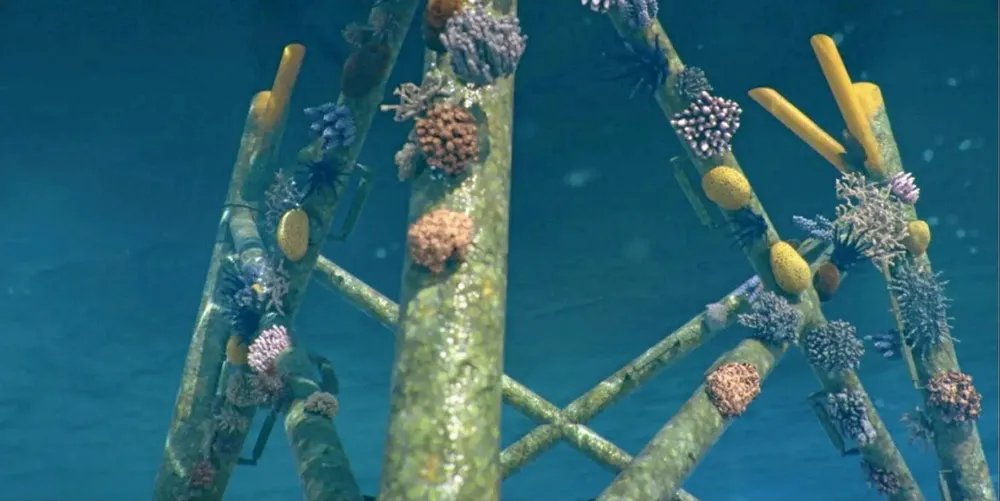Shell and Eneco win Dutch offshore wind tender with 'eco-friendly' bid
Winning consortium of 756MW second part of Hollandse Kust West round will pay $68m to government for right to build and run project

Oil & gas supermajor Shell and Mitsubishi-owned Dutch utility Eneco have won the second part of the zero-subsidy Hollandse Kust West (VI) offshore wind tender with a bid that pledges to build the 756MW array with as little impact as possible on birds, bats and underwater marine life.
Shell and Eneco have already taken a final investment decision for the wind farm, and plan to commission Hollandse Kust West (VI) in 2026.
“With Ecowende, we will take a huge step in growing our offshore wind portfolio while making a positive contribution to biodiversity,” said Wael Sawan, director of integrated gas, renewables and energy solutions at Shell.
“Through this project we can profitably accelerate the large-scale roll-out of offshore wind in the Netherlands and beyond.”
Eneco chief growth officer Kees-Jan Rameau added the two companies had gained a lot of knowledge in the area of ecology, and their bid was “entirely in line with our ambition to live and act within the natural limits of the planet."
The Netherlands’ climate and energy minister Rob Jetten stressed Shell and Eneco’s bid showed that wind farms can be built taking into account nature protection.
“That is necessary because there will be many more wind farms at sea to be able to supply sufficient green energy,” he said.
“With 40 innovative experiments and applications in this proposal, we are starting a movement to build offshore wind farms with minimal impact on nature.”
<b>Shell and Eneco’s bid includes:</b>
- Creating a corridor for birds by placing wind turbines extra far apart;
- Using innovative foundation techniques that minimise the impact on marine mammals and marine life;
- Placing natural reef structures on the seabed to boost biodiversity; and
- Together with a group of scientists and experts, implementing and evaluating dozens of innovative solutions for the currently missing knowledge on the ecological impact of offshore wind.